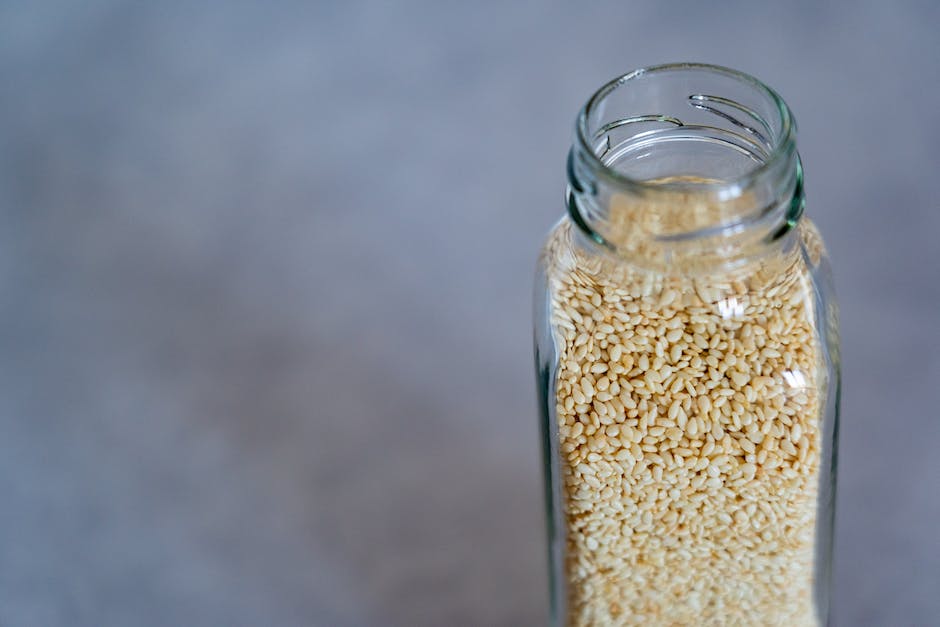Cats are mysterious creatures, with their aloof demeanor and unpredictable behavior. But when it comes to their nutritional needs, there’s no room for guesswork. As cat owners, it’s our responsibility to ensure that our feline friends are getting the right balance of nutrients to keep them healthy and happy. In this article, we’ll explore the ins and outs of cat nutrition, from the basics of feline physiology to the latest research on cat food ingredients. So sit back, relax, and get ready to decode the purrfect diet for your furry friend.
1. Feline Feasting: Understanding the Nutritional Needs of Your Cat
Cats are obligate carnivores, which means that they require a diet that is high in protein and low in carbohydrates. Protein is essential for building and repairing tissues, while carbohydrates provide energy. However, cats have a limited ability to digest carbohydrates, and too much of it can lead to obesity and other health problems. Therefore, it is important to choose a cat food that is high in protein and low in carbohydrates. Look for a food that has a named meat source as the first ingredient, such as chicken, turkey, or fish. Avoid foods that contain by-products or fillers, such as corn, wheat, and soy.
In addition to protein and carbohydrates, cats also require certain vitamins and minerals to maintain optimal health. These include vitamin A, vitamin D, vitamin E, vitamin K, thiamine, riboflavin, niacin, pyridoxine, folic acid, vitamin B12, calcium, phosphorus, magnesium, iron, zinc, copper, and selenium. Most commercial cat foods are formulated to provide these nutrients in the correct amounts, but it is still important to read the label and make sure that the food you choose meets your cat’s nutritional needs. If you are unsure about which food to choose, consult with your veterinarian for recommendations. Remember, a healthy diet is essential for a healthy cat!
2. The Purrfect Diet: A Guide to Providing Optimal Nutrition for Your Feline Friend
Feeding your feline friend a balanced and nutritious diet is essential for their overall health and wellbeing. Here are some tips to help you provide optimal nutrition for your furry companion:
– Choose high-quality cat food that is specifically formulated for your cat’s age, size, and health needs. Look for brands that use high-quality protein sources, such as chicken, turkey, or fish, and avoid those that contain fillers or artificial additives.
– Provide a variety of wet and dry food options to keep your cat interested and satisfied. Wet food can help keep your cat hydrated and provide additional nutrients, while dry food can help keep their teeth clean and healthy.
In addition to cat food, you can also offer your cat small amounts of cooked meat or fish as a treat, but be sure to avoid giving them any bones or fatty cuts. And always make sure your cat has access to fresh, clean water at all times. By following these guidelines, you can help ensure that your feline friend is getting the purrfect diet for their needs.
3. Decoding the Mystery of Your Cat’s Dietary Requirements: Tips for a Healthy and Happy Kitty
Understanding your cat’s dietary requirements is crucial to keeping them healthy and happy. Here are some tips to help you decode the mystery of your cat’s dietary needs:
- Provide a balanced diet: Your cat needs a balanced diet that includes protein, fat, carbohydrates, vitamins, and minerals. Make sure to feed them a high-quality cat food that meets their nutritional requirements.
- Consider their age: Kittens and senior cats have different dietary needs than adult cats. Make sure to choose a cat food that is appropriate for their age.
- Watch their weight: Obesity is a common problem in cats. Make sure to monitor your cat’s weight and adjust their diet as needed to maintain a healthy weight.
Other things to consider when it comes to your cat’s diet include their activity level, any health issues they may have, and whether or not they have any food allergies or sensitivities. By paying attention to your cat’s dietary needs and providing them with a healthy and balanced diet, you can help ensure that they live a long and happy life.
In conclusion, understanding your cat’s nutritional needs is crucial for their overall health and well-being. By providing them with a balanced and nutritious diet, you can ensure that they lead a long and healthy life. Remember to consult with your veterinarian and do your research before making any significant changes to your cat’s diet. With a little bit of effort and attention, you can give your feline friend the purrfect diet they deserve.

